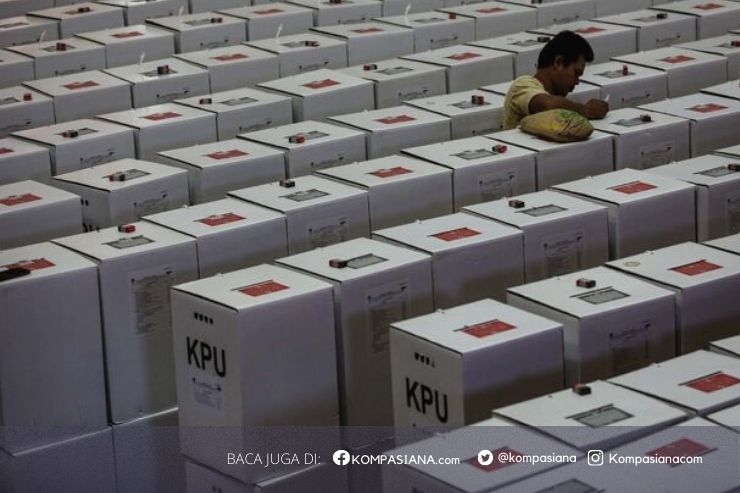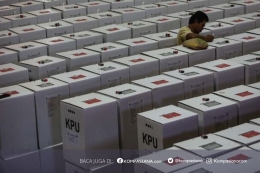Time management is a pressing issue for teachers, who must juggle multiple responsibilities. Beyond classroom instruction, they spend hours planning lessons, grading assignments, and attending meetings. Balancing these duties while addressing behavioral issues can be overwhelming. Teachers often feel they lack sufficient time to focus on building effective classroom management strategies.
Technology is another source of difficulty. While digital tools like tablets and educational apps enhance learning, they can also become distractions if not used appropriately. Students may misuse devices during lessons, disrupting the flow of teaching. Teachers must set clear guidelines for technology use, but enforcing these rules consistently requires additional effort and vigilance.
Inadequate training in classroom management techniques leaves many teachers unprepared. While teacher training programs emphasize content knowledge and pedagogy, they often overlook practical strategies for managing student behavior. As a result, new teachers enter classrooms with limited tools to address common challenges, making the transition to teaching even more daunting.
Emotional burnout is another critical issue. Constantly managing disruptive behaviors, meeting curriculum demands, and handling administrative pressures can leave teachers feeling drained. Burnout affects their patience, creativity, and overall effectiveness in the classroom. This emotional toll often leads to high teacher turnover rates, further exacerbating challenges in the education system.
HOW TO SOLVE CLASROOM MANAGEMENT CHALLANGES
Despite the difficulties, teachers can adopt various strategies to improve classroom management. Building strong relationships with students is a crucial first step. When students feel valued and understood, they are more likely to respect classroom rules and stay engaged. Teachers can foster these relationships by showing empathy, encouraging open communication, and celebrating student achievements.
Establishing clear rules and routines is another effective solution. Teachers should communicate expectations from the beginning of the school year and consistently enforce them. Structured routines help students feel secure and reduce opportunities for misbehavior. Reward systems, such as praise or incentives, can also motivate students to follow rules and stay focused.
Collaborating with parents can strengthen classroom management efforts. Teachers should maintain regular communication with parents, updating them on their child’s progress and behavior. Involving parents in the learning process reinforces positive behavior at home and in school, creating a supportive environment for students. This partnership ensures that teachers do not bear the burden of discipline and motivation alone.
Continuous professional development is vital for equipping teachers with effective classroom management techniques. Workshops, seminars, and mentorship programs can provide practical strategies for handling disruptive behaviors and engaging students. Additionally, teachers should prioritize self-care to prevent burnout. Practices such as mindfulness, exercise, and seeking support from colleagues can help educators maintain their well-being and resilience.
Baca konten-konten menarik Kompasiana langsung dari smartphone kamu. Follow channel WhatsApp Kompasiana sekarang di sini: https://whatsapp.com/channel/0029VaYjYaL4Spk7WflFYJ2H







